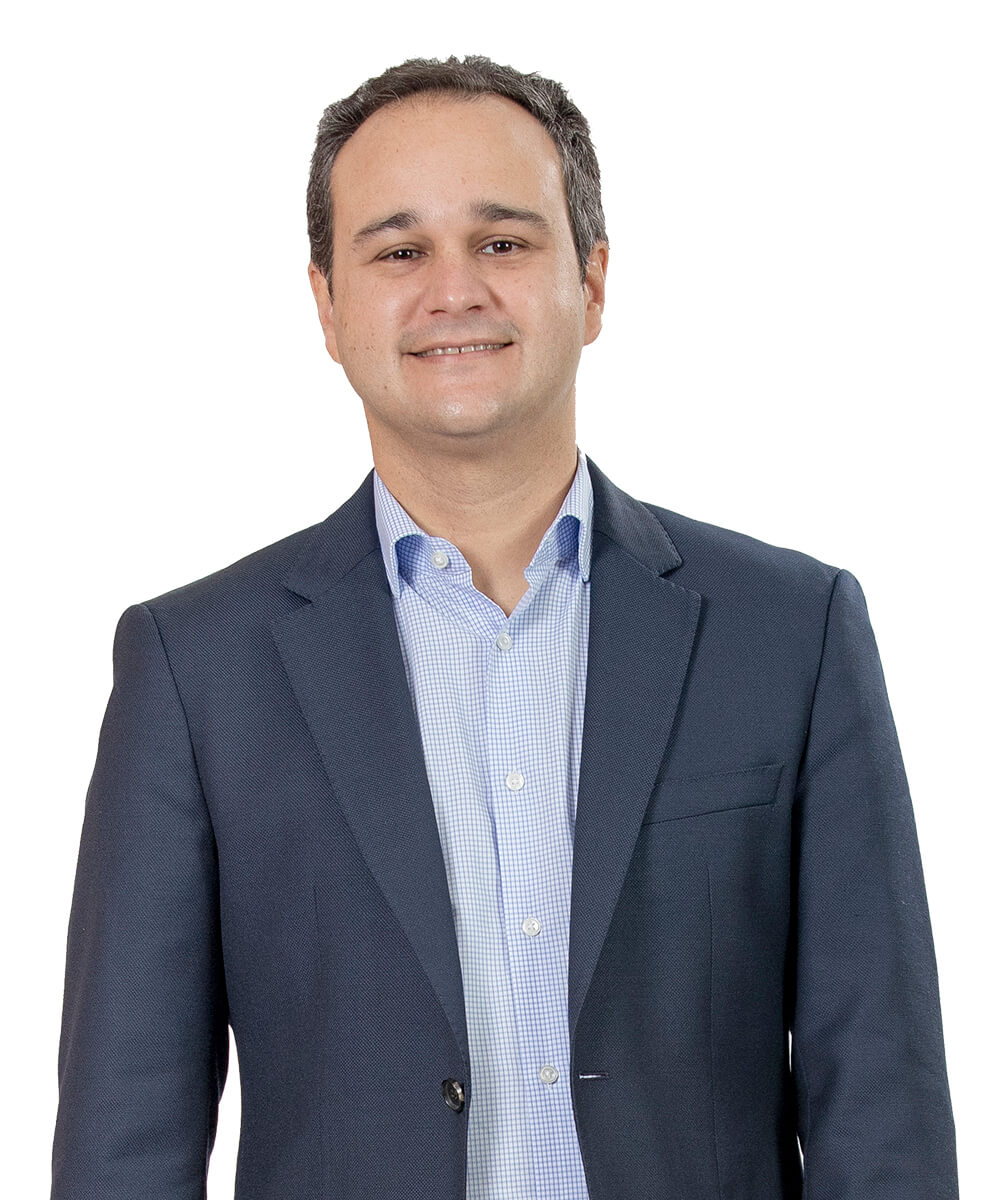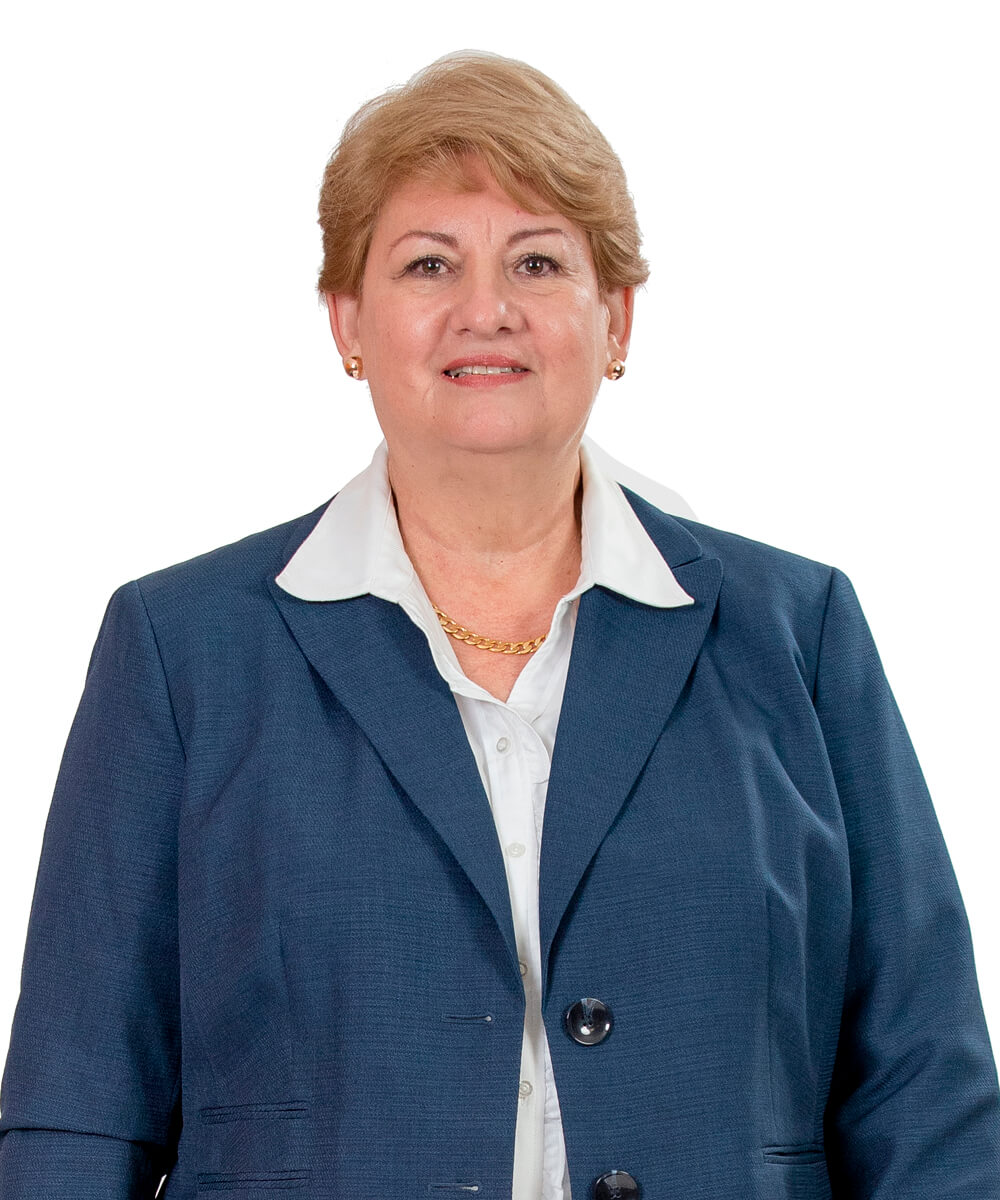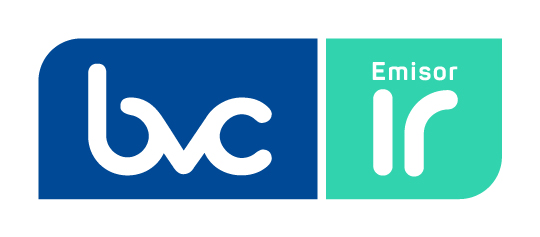This Is How We Lead
Corporate Governance
We mitigate reputational risks and facilitate access to new businesses, markets and clients, thanks to the strengthening of our Corporate Governance

GRI (103-1) To maintain credibility, security and trust in the Company, as well as sustainable growth, at Celsia we have high Corporate Governance standards, which allow us to strengthen and secure the relationship with our Stakeholders. We adopt good practices to guarantee Shareholders and investors and the market in general the disclosure of clear, timely information, proper management of Administrators and Administrative Bodies, conflicts of interest, transparency in decision making, and risk management, among others.
GRI (103-2)
Celsia has implemented a series of Corporate Guidelines and Policies that establish the framework for the adequate, efficient management of good Corporate Governance practices, which can be consulted on the Company’s Website. Among these documents are:
Corporate Governance
GRI (102-18) The Shareholders’ Assembly is Celsia’s highest Corporate Body and is made up of those who own shares in the Company. This Corporate Body meets at least once a year to find out the results and the main and most-relevant information, as well as to decide on certain matters that are essential for the Company’s correct development and management. To this extent, the Shareholders’ Assembly is one of the most-relevant spaces for Celsia, since it is there where the Administrators’ management is presented and decisions are made that have an impact on the execution of the Corporate Purpose and the proper management of the Businesses.
GRI (102-19)
Celsia’s Bylaws, which are approved by the Shareholders’ Assembly, establish that the Board of Directors will be delegated the broadest mandate to manage the Company and, therefore, this Corporate Body will have sufficient powers to order that any act or contract included within the Corporate Purpose is executed or entered into and to adopt the necessary determinations in order for it to fulfill its purposes. Likewise, they indicate that one of the functions of the Shareholders’ Assembly is to delegate to the Board of Directors – when it deems it appropriate and for specific cases – one or more of its functions that can be delegated in accordance with current laws, which includes the delegation of authority for economic, environmental and social issues.
DJSI (1.1.12, 1.1.13) GRI (102-5)
Celsia’s Shareholding Structure, as of December 31, 2021, is the following:
- Grupo Argos S.A. (a 52.93% stake)
- The Porvenir Obligatory Pension Fund (an 8.02% stake) Moderate
- The Protección Obligatory Pension Fund (a 7.29% stake) Moderate
- Other Shareholders (a 31.76% stake)
* No Government entity holds Celsia Shares in a proportion greater than 5%.
* There is no Founding family that has Shares in a proportion greater than 5%
DJSI (1.1.1, 1.1.2, 1.1.4, 1.1.5, 1.1.6, 1.1.7) GRI (102-18, 102-22)
Composition
See the profiles of the Members of our Board of Directors:

Alejandro Piedrahíta
Vice President of Corporate Strategy and Finances Grupo Argos S. A.
Independent member

Rafael Olivella
Vice President of Talent and Corporate Affairs Grupo Argos S. A.
Independent member
DJSI (1.1.1, 1.1.7) GRI (102-18, 102-22) During the past four years, our Board of Directors has been composed of 7 independent directors.
GRI (102-26, 102-29, 102-31, 102-33, 102-34)
Relevant Issues
Among the most-relevant issue presented by the Administration to the Board of Directors for decision making were:
Financial results
Budget
Strategy
Traditional businesses
New businesses
Sustainability
Innovation
Human talent
Risks
Regulatory issue
Project monitoring
Additionally, a Board of Directors meeting is held without the Administration, and the analysis of the self-assessment of the Board of Directors, the Board Committees and the Celsia CEO is carried out.
Noteworthy is that the Administration updates the Board of Directors on the matters that have been made known to it through the different channels it has to relate to Stakeholders, where Directors find opportunities to improve, resolve concerns and meet the expectations of Shareholders and Investors.
DJSI (1.1.5) GRI (102-24)
Election of the Members
Through the electoral quotient system (unless the appointment is unanimous), the General Shareholders’ Assembly – the body in charge of electing on an annual basis – carries out an individual election process for the members of the Board of Directors, in which the following elements are taken into account:
- Advance notice with which Shareholders must submit their proposals. Proposals for the election of members of the Board of Directors must be submitted no less than five business days before the date set for the meeting of the General Shareholders’ Assembly, in which the respective election will take place.
- Gender diversity.
- Recognition in the professional career, experience in business management, diversity of knowledge, outstanding personal and moral qualities of the candidates.
- Age limit, where people who are 72 years of age or older may not be elected, unless expressly authorized by the Assembly.
- Compliance of the requirements by the Directors elected in a given period.
GRI (102-35, 102-36)
Remuneration
The General Shareholders’ Assembly is in charge of setting the remuneration of this Governing Body; for this, it takes into account its structure, obligations, responsibilities, as well as the personal and professional qualities of its members, their experience and the time they must dedicate to this activity. The Company has not established any type of variable compensation for the members of the Board of Directors. People related to Grupo Argos S. A. do not receive remuneration for their participation in the Committees of the Board of Directors.
GRI (102-27)
Training
The Company constantly promotes and seeks to train the members of the Board of Directors to expand their knowledge in relation to the new projects in which it is venturing and different topics with great impact and interest for the organization; for example, cybersecurity, new technologies, sources, markets and other relevant aspects of the industry. This, with the aim of facilitating decision making and ensuring the effective, active participation of the members during the meetings. During 2021, these were the trainings:
Training in Risks
Training in Cybersecurity
Training in Climate Change Risks and Opportunities
Training in Environmental and Social Issues
DJSI (1.1.5) GRI (102-28)
Evaluation
Based on the Code of Good Corporate Governance (Number 7 of Chapter III), at Celsia the Board of Directors and its Committees are evaluated by an external, independent expert, during the period for which they were elected; in the year they are not evaluated under this methodology, a self-assessment of its management is carried out. In 2021, the Board of Directors carried out a self-assessment on the operation and structure of the Board of Directors, the Board Committees and the Celsia CEO.
The Steering Committee

Luis Felipe Vélez
Comercial Leader

Human and Administrative
Management Leader

Assistant to the CEO

Santiago Arango
Corporate Affairs Leader

Javier Gutiérrez
Centroamérica Leader

Ricardo Sierra
CEO

Carlos Alberto Solano
Regulatory Affairs Leader

Esteban Piedrahíta
Finance Leader

Julián Cadavid
Transsmition and
Distribution Leader

Simón Pérez
Innovation Leader

Marcelo Álvarez
Generation Leader
GRI (102-20) Our Steering Committee is committed to Celsia through:
- Living and being an example of the pillars of the Organization’s culture, being catalysts for change management with commitment, flexibility and active participation in the projects that require it, reflecting visibility before their work teams and other teams that are impacted.
- Defining, communicating and ensuring compliance with the Organization’s policies, objectives and goals.
- Guiding the arrival of the Organization to other regions of Colombia and abroad, contributing to compliance with regulations and the Organization’s strategic planning.
- Leading the development of new products and services, establishing and developing business strategies with new businesses, and innovating in the way we interact with and service our current and potential clients, focusing on growth, development, client satisfaction and the positioning of the Company.
- Maintaining a financially healthy company with the ability to firmly continue its expansion process, ensuring the efficiency of operating processes and guaranteeing the availability and reliability required by clients and sustainability management.
- Promoting change and the Organization’s transformation, seeking the development of talent and adequate protection of the Company’s people and assets, aligned with the business strategy.
The Executive-level roles that are directly related to economic, environmental and social issues are, respectively: the Financial Leader (economic), the Commercial Leader (economic), the Generation Leader (environmental and social), the Transmission and Distribution Leader (environmental and social), the Human Talent and Organizational-Solutions Leader (social), and the Corporate Affairs Leader (social and sustainability). These roles, which are part of the Steering Committee, are also responsible for reporting to the Board of Directors on the Company’s environmental, social and economic issues.
TCFD (Gobernanza – a.)
Monitoring and Supervising Climate Change
Aware that climate change is the greatest current challenge for humanity, this is one of the most relevant issues that is brought to the Board of Directors and its Support Committees, which monitor and supervise the defined objectives and goals related to climate change, and the respective progress that has been achieved during the year, analyzing – in turn – the impacts that it could have on the Company’s Strategy.
The teams that manage issues related to climate change present the progress of the Climate Change Strategy to the Sustainability and Corporate Governance Committee, where they provide a complete context of how the Company is managing the issue, what the Action Plan is and how it is going against the fulfillment of each goal and objective established. Subsequently, the Chairman of this Committee is in charge of taking the information to the Board of Directors; that is, both the members of the Board of Directors and the Support Committee actively participate in this matter, making comments, suggestions and recommendations, ensuring the fulfillment of the Strategy.
The Sustainability and Corporate Governance Committee meets at least twice a year or when necessary. During 2021, two sessions of the Sustainability and Corporate Governance Committee were held, where the progress of the Strategy was presented. The details of the Climate Change Strategy and the progress made were presented to the Board of Directors by the Committee Chairman. In these sessions, the Action Plans and established Guidelines are reviewed and approved, to make strategic business decisions that leverage the fulfillment of the goals related to climate change.
GRI (103-3) In 2021, once again the Country Code Survey, for issuers of securities in Colombia, was completed to demonstrate the adoption of the best practices of good corporate governance by the Company. Additionally, the Steering Committee approved the updating of the Personal Data-Processing Policy and all the teams that are impacted by this policy were trained.
On the other hand, the evaluation was carried out on the evolution, operation and structure of the Board of Directors and the Board Committees, as well as Celsia’s CEO. Based on these results, the key challenges for 2022 and the work plan for the main topics were defined.
In 2021, the Board of Directors was held without the Administration; the Succession Plan for the Company’s Senior Management was presented, especially regarding the scheme and development plans and its methodology.
Additionally, the new tool to manage the Organization’s risks was implemented, which will allow traceability of risk behavior; it will contain a compliance module that will help to automatically monitor the team’s strategic plans and – in general – make comprehensive risk management more efficient.
Awards and Recognitions
The Investor Relations (IR) Issuers Seal from the Colombian Stock Exchange, for transparency and good corporate governance, since 2013 (nine consecutive years).
ALAS20, Year 2021:
2nd Place in the category Leading Company in Sustainability, Colombia.
3rd Place in the category Leading Company in Corporate Governance, Colombia.
4th Place in the category Leading Company in Investor Relations, Colombia.
In the Dow Jones Sustainability Index (DJSI): Company with the Best Performance in Sustainability in the Electric Sector in Colombia and 8th in the World.
The Bronze Medal in the Electric Energy Sector in the S&P Global Sustainability Yearbook, which – each year – evaluates the economic, environmental and social performance of more than 7,000 companies from all business sectors.
New Challenges
These are our short-, medium- and long-term challenges
- Continue training Company employees on the Personal Data-Processing Policy, as well as on the application of the other documents that Celsia has adopted Corporate Governance matters (Bylaws, Code of Good Governance, Code of Business Conduct, among others).
- Implement the Action Plan defined by the Board of Directors to close the gap in its evaluation.
- Permanently review the policies that Celsia has adopted regarding Good Corporate Governance, in order to keep them updated in accordance with the best standards.
- Continue monitoring national and international trends in good governance practices that can be implemented by the Company to continue strengthening itself in this area and generating value for Shareholders and Investors, while also seeking its sustainability.
Glossary
Corporate Codes and Policies: They are the documents approved by the Celsia Steering Committee or the Board of Directors, which determine the framework and guidelines regarding a certain matter, so that the Stakeholders have performance parameters aligned with those of the Organization.
Corporate Governance: The system of principles, policies and guidelines that guides the way the Company and the relationships with the different Stakeholders are guided.
Stakeholders: Groups of people within the Organization or third parties, with whom we maintain diverse relationships, according to the type of relationship they have with the Company. Receiving and managing their suggestions, comments and expectations is essential to fulfill our strategy.












